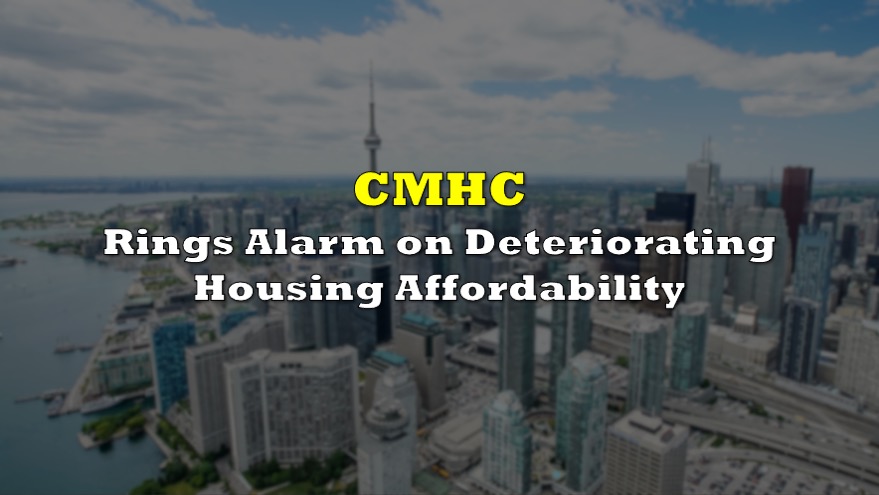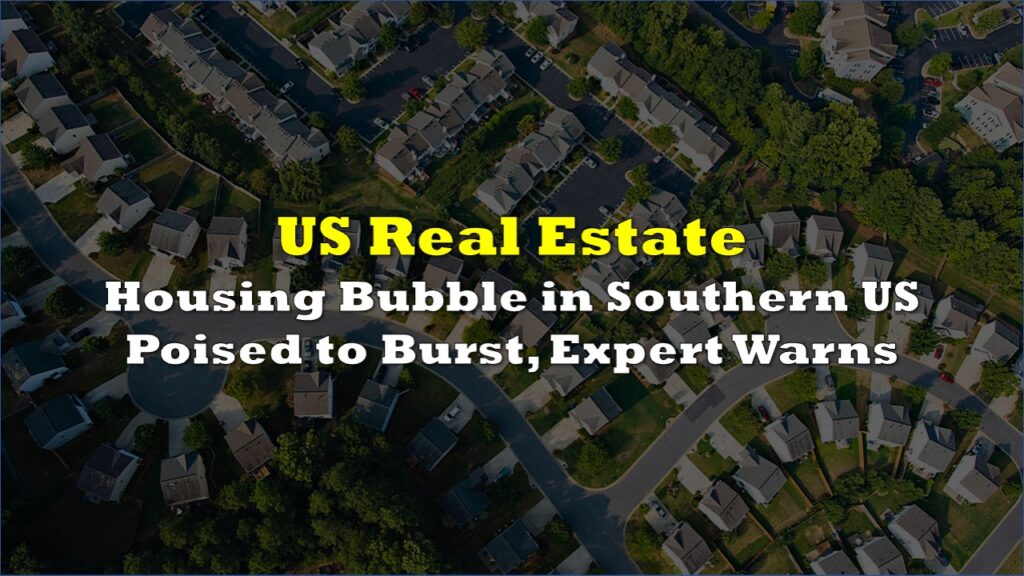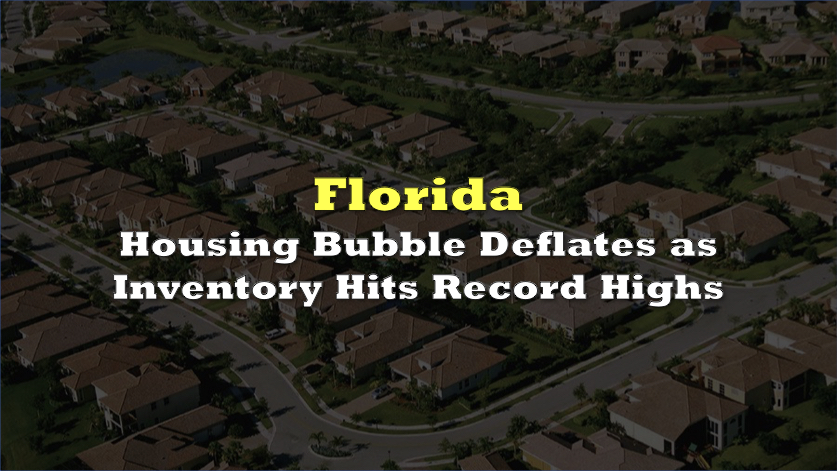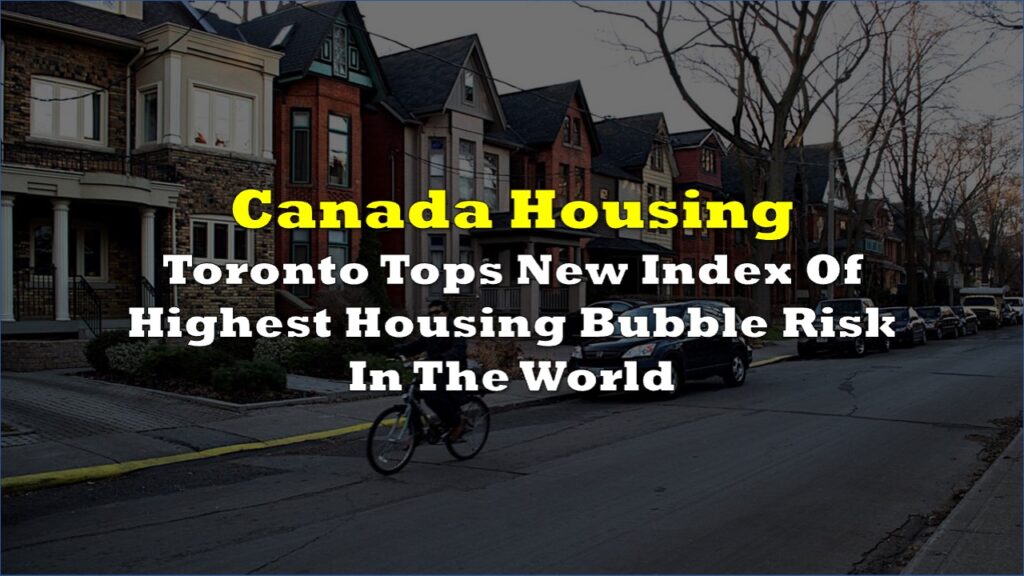The U.S. housing market is experiencing a remarkable surge, with home prices reaching unprecedented levels. According to the latest data from the S&P CoreLogic Case-Shiller Home Price Index, home prices in June 2024 rose by 5.4% year-over-year, setting a new all-time high.
The Case-Shiller Home Price Index, which closely monitors the purchase prices of single-family homes across the nation, has surged by an astonishing 51% over the past four years. To put this in perspective, during the infamous housing bubble of the early 2000s, home prices increased by 49% from 2002 to 2006, just before the market crashed and triggered the global financial crisis.
The comparison is striking and has led to growing apprehensions that the current market might be heading towards a similar fate. With the recent spike, the index tracking the 20 largest U.S. cities saw an even more significant jump of 6.5% year-over-year in June, also hitting a new record.
BREAKING: US home prices rose 5.4% year-over-year in June and hit a new all-time high.
— The Kobeissi Letter (@KobeissiLetter) August 29, 2024
The Case-Shiller Home Price Index, which tracks the purchase prices of single-family homes, is up 51% over the last 4 years.
This is an even larger increase than during the 2000s housing… pic.twitter.com/7sWKRw24uy
When adjusted for inflation, today’s home prices are approximately 100% higher than the 130-year average, a staggering deviation from historical norms.
Several factors are driving this unprecedented rise in home prices. Historically low mortgage rates, which have persisted despite fluctuations in broader economic conditions, have made borrowing cheaper, fueling demand. Additionally, a persistent shortage of housing inventory has further exacerbated the situation, creating a competitive market where bidding wars are common, pushing prices even higher.
Remote work trends, accelerated by the COVID-19 pandemic, have also played a role. As more people sought larger homes outside of densely populated urban areas, demand in suburban and rural regions soared, contributing to the overall increase in home prices.
Another housing bubble?
The parallels between the current market and the 2000s housing bubble are hard to ignore. However, experts caution against drawing direct comparisons without considering key differences.
Unlike the pre-2008 period, today’s market is not as heavily driven by subprime lending and speculative buying. Lending standards have tightened considerably since the financial crisis, and buyers today are generally more creditworthy.
Nevertheless, the rapid rise in home prices has raised alarms among economists and market analysts. The fear is that continued price growth at this rate could lead to affordability issues, pushing more potential buyers out of the market and potentially leading to a market correction.
The surge in home prices has broader economic implications as well. Housing affordability is becoming an increasingly pressing issue, particularly for first-time buyers and lower-income households. With the cost of homeownership rising, many are being forced to rent, which has in turn driven up rental prices across the country. This dynamic could potentially widen the wealth gap, as homeownership is a key driver of wealth accumulation.
Furthermore, if the housing market were to cool off suddenly, it could have ripple effects throughout the economy. The construction industry, which has been booming due to the high demand for new homes, could face a slowdown. Additionally, consumer spending, which is often buoyed by rising home equity, might take a hit.
The U.S. housing market is at a critical juncture. While the recent rise in home prices has been a boon for current homeowners and real estate investors, it has also sparked concerns about the long-term health of the market. With home prices now far above historical averages, the question remains: Can the market sustain this growth, or are we on the brink of another bubble?
For now, the data suggests that the bubble is still growing, but the outcome remains uncertain.
Information for this briefing was found via the sources mentioned. The author has no securities or affiliations related to this organization. Not a recommendation to buy or sell. Always do additional research and consult a professional before purchasing a security. The author holds no licenses.









